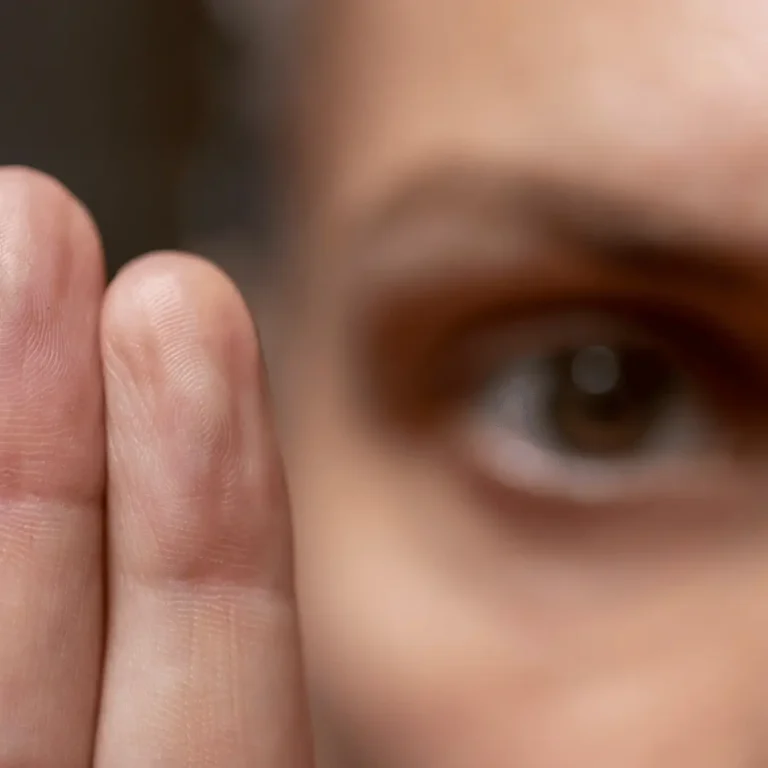How Borderline Personality Disorder (BPD) Affects Relationships: Strategies for Building Healthy Connections
Have you ever felt like you’re walking on eggshells around someone you care about, unsure of when the next emotional outburst might occur? If this sounds familiar, it could be because your loved one is living with Borderline Personality Disorder (BPD). BPD is a mental health condition that significantly impacts relationships, often creating cycles of intense emotions, misunderstandings, and fear of abandonment. Whether you’re in a relationship with someone who has BPD or you’re trying to understand your own struggles, learning how BPD affects relationships can help you build and maintain healthier connections.
In this post, we’ll explore how BPD impacts personal relationships and offer strategies for coping and fostering healthy communication. With BPD awareness growing in mental health conversations, it’s important to understand how this condition influences relationships and how with the right tools, you can create stronger, more supportive bonds.
Understanding How Borderline Personality Disorder Affects Relationships
Borderline Personality Disorder (BPD) is a mental health condition characterized by unstable moods, self-image, and behavior. This emotional rollercoaster can make relationships whether romantic, familial, or friendships particularly challenging. Individuals with BPD often experience an intense fear of abandonment, leading them to react strongly to perceived slights, no matter how small.
One myth about BPD is that people with this disorder are “too difficult” to have successful relationships. This isn’t true. While BPD does present challenges, with proper understanding and support, individuals with BPD can have fulfilling, meaningful relationships.
According to the National Institute of Mental Health, about 1.6% of the adult population is affected by BPD, though some studies suggest it could be as high as 5.9%. These numbers highlight the importance of recognizing and addressing how BPD affects relationships, so individuals and their loved ones can navigate these waters more effectively.
How BPD Affects Mental Health and Relationships
BPD’s impact on mental health is undeniable, and its influence on relationships is just as significant. Some common ways BPD affects relationships include:
- Emotional Instability: Individuals with BPD often struggle with regulating their emotions. This emotional turbulence can result in outbursts, mood swings, or extreme reactions that may confuse or overwhelm their partners or loved ones.
- Fear of Abandonment: The fear of being left alone can lead individuals with BPD to act impulsively or desperately to prevent what they see as inevitable abandonment. This may cause them to push people away, only to then feel guilt and try to pull them back.
- Idealization and Devaluation: People with BPD tend to see things in black-and-white. In relationships, they might idealize their partner one moment and then harshly criticize them the next, based on a perceived slight or misunderstanding.
- Communication Difficulties: Misunderstandings are common, as individuals with BPD might have trouble expressing their feelings in a calm, constructive way. This can lead to frequent arguments, hurt feelings, or a breakdown in communication.
For example, Jane, a woman diagnosed with BPD, often felt that her partner, Tom, wasn’t showing her enough affection. Even a simple delay in responding to a text message would trigger her fear of abandonment, leading her to accuse Tom of not caring about her. These accusations, in turn, made Tom feel frustrated and misunderstood, resulting in a cycle of arguments.
Effective Strategies for Managing Relationships with BPD
Navigating relationships with BPD can be challenging, but it’s not impossible. There are several strategies that can help individuals with BPD and their loved ones build healthier, more stable connections:
- Open Communication: Clear, honest communication is essential in managing BPD’s impact on relationships. For someone with BPD, learning to express their feelings without accusations or blame is important. For their partners, understanding that emotional reactions may be linked to the disorder and not personal attacks can reduce tension.
- Setting Boundaries: Healthy relationships rely on clear boundaries. Both individuals should know what behaviors are acceptable and what is not. This creates a sense of security and trust, which can help reduce the emotional intensity of interactions.
- Dialectical Behavior Therapy (DBT): DBT is one of the most effective therapeutic approaches for managing BPD. It teaches individuals how to regulate their emotions, improve interpersonal relationships, and develop coping skills to manage distress. DBT can be a game-changer for those with BPD and their loved ones.
- Validation and Reassurance: Since individuals with BPD often fear abandonment, providing reassurance that the relationship is secure can help reduce their anxiety. Simple phrases like, “I’m here for you,” or “We’ll work through this together,” can go a long way in calming emotional storms.
- Mindfulness Techniques: Mindfulness practices, such as deep breathing or grounding exercises, can help individuals with BPD become more aware of their emotions and reactions in real-time. This allows them to pause before reacting impulsively, helping to prevent emotional outbursts.
- Professional Counseling: While self-help strategies can be useful, professional counseling is often necessary to manage the complexities of BPD in relationships. A trained therapist can help both the individual with BPD and their partner understand each other better, develop healthier communication patterns, and navigate the emotional ups and downs of the disorder.
How McNulty Counseling Can Help
At McNulty Counseling and Wellness, we understand the profound impact Borderline Personality Disorder can have on relationships. Our compassionate therapists are skilled in working with individuals with BPD and their loved ones, using evidence-based approaches like Dialectical Behavior Therapy (DBT) to help manage emotional instability, improve communication, and build healthier relationships.
If you or a loved one is struggling with the effects of BPD, we can offer personalized support. Our therapists provide a safe, non-judgmental space where you can explore your emotions, learn effective coping strategies, and work toward creating lasting, meaningful connections.
We also offer couples counseling to help partners better understand each other and strengthen their relationship despite the challenges that BPD can bring.
Conclusion
Borderline Personality Disorder can significantly impact relationships, but with the right tools and support, healthy connections are possible. By understanding the emotional difficulties that come with BPD and applying effective strategies like open communication, boundaries, and professional counseling, you can navigate these challenges more successfully.
Remember, you don’t have to do this alone, support is available.If you’re ready to take the first step toward healthier relationships, give us a call at 727-344-9867 or complete a contact form. We’re here to help you build the meaningful connections you deserve.







